SEO vs. Writing
for AI Chats
The digital world is evolving.
Here’s how to create content that works for both search engines and AI tools like ChatGPT.
What is SEO?
🔍 Optimised for search engines like Google
Uses keywords, backlinks, and user intent to rank high.
Prioritizes quick, actionable answers to satisfy search queries.
Focuses on technical elements like metadata and structured data.
What is Writing for AI?
Optimised for AI tools like ChatGPT
Content must be clear, conversational, and detailed.
AI prefers structured, well-organized information.
Depth and authority matter more than keyword stuffing.
Combining SEO and AI Writing
Use structured data to help search engines understand content.
Add FAQ sections to make content AI-friendly.
Write with clarity, avoiding overly complex jargon.
Ensure content is well-researched, authoritative, and trustworthy.
Why This Matters
SEO drives visibility, AI delivers engagement.
SEO makes sure your content is found.
AI ensures it is understood and used effectively.
The future of content requires a hybrid approach.
The Role of Keywords
SEO relies on high-ranking keywords to match user searches.
AI thrives on semantic understanding (context matters more than exact match keywords).
Balance primary and secondary keywords naturally in content.
Content Structure for Both SEO & AI
SEO-friendly: Use clear headers (H1, H2, H3) and bullet points.
AI-friendly: Write in logical sections with a natural flow.
Both: Keep paragraphs concise and information-rich.
Writing for Search Intent
Navigational: Users want a specific page (e.g., "LinkedIn login").
Informational: Users want an answer (e.g., "What is AI?").
Transactional: Users want to buy something (e.g., "Best SEO tools").
Commercial: Users are comparing options (e.g., "Ahrefs vs. SEMrush").
Writing for Conversational AI
AI thrives on clear, direct, and context-aware responses.
Structure answers like a conversation:
Start with a clear answer.
Expand with useful details.
Offer additional insights or related questions.
The Role of Authority & Trust
SEO: Backlinks and domain authority improve rankings.
AI: Sources matter; AI favors content that is fact-checked and well-cited.
Tip: Link to reputable sources and provide citations.
FAQs – The Secret Weapon
Google loves FAQ sections for featured snippets.
AI tools extract FAQ data to provide accurate responses.
Pro Tip: Use schema markup for better visibility.
Optimising for Featured Snippets
Answer questions directly in the first sentence.
Use bullet points and numbered lists.
Structure content with clear sections and definitions.
Internal & External Links
Internal links improve site navigation and retention.
External links improve credibility and authority.
AI references linked content for contextual responses.
Readability & Tone
SEO prefers shorter, skimmable content.
AI prefers longer, detailed content.
Balance: Use concise, well-structured paragraphs with depth.
How to Format Content for Both
Use: Short paragraphs, headers, and bullet points.
Avoid: Walls of text or overly complex structures.
Tip: Use bold and italics to highlight key takeaways.
AI-Friendly SEO Tools
Google Search Console (SEO insights)
Ahrefs, SEMrush (Keyword research)
OpenAI's ChatGPT (AI content testing)
Yoast SEO (WordPress SEO)
Common Pitfalls to Avoid
❌ Keyword stuffing – both SEO and AI penalize it.
❌ Overly technical language – clarity matters.
❌ Ignoring mobile-friendliness – Google ranks mobile-first.
Measuring Success
📊 SEO Metrics: Rankings, organic traffic, bounce rates.
🤖 AI Metrics: Engagement, accuracy in AI-generated answers, user retention.
Case Study: SEO + AI Success
Example: A business optimised blog content for both SEO and AI chats.
Result: Increased Google rankings and higher AI-driven traffic.
Key takeaway: Hybrid content strategies work.
The Future of SEO & AI Writing
AI-generated search results are growing.
Search engines are prioritising conversational content.
Action Step: Adapt now to future-proof your content.
Quick Action Plan
✅ Add structured data.
✅ Write natural, FAQ-style content.
✅ Focus on clarity and trustworthiness.
✅ Optimize for both search intent and AI response quality.
Tools & Resources
Schema Markup Generators (for structured data)
Google Trends (for topic discovery)
AI Content Validators (to test AI compatibility)
Content Optimization Tools (Surfer SEO, Clearscope)
Final Thoughts
The best content informs, engages, and converts.
AI and SEO aren’t competing forces—they’re complementary.
Master both, and you’ll dominate the digital landscape.
Additional Learning
Read Google’s Search Quality Evaluator Guidelines.
Experiment with ChatGPT prompts to see how AI interprets your content.
Track SEO & AI-driven engagement metrics.
Let’s Get Writing!
Your mission: Apply these strategies and start creating high-impact content that ranks AND engages!
Any questions?
